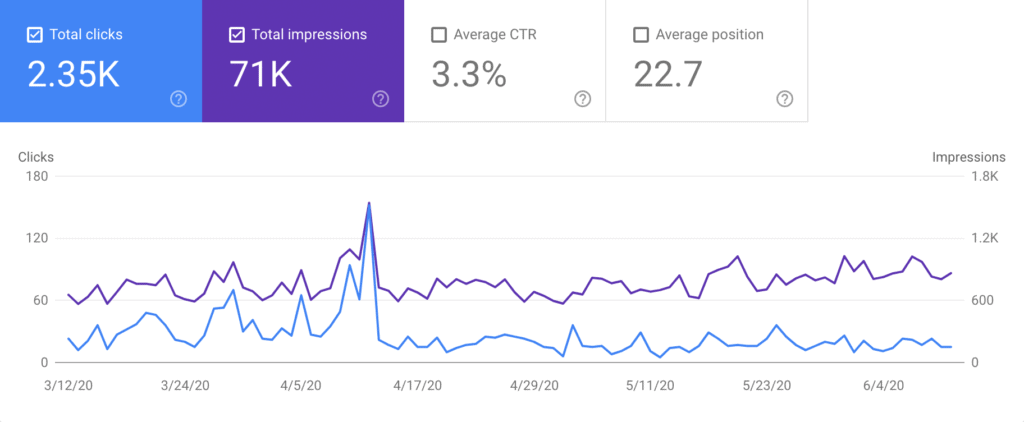What you need to know:
Google doesn’t publish all the rules about how any particular website can get top positions (“rankings”) in users’ search results.
So there are no guarantees.
But search engines do publish some guidelines, and the global community of users has deduced quite a bit.
Still, anyone promising specific, top rankings might be overconfident, at best. Worse, they might be attempting to manipulate search engines in ways that can get a website banned entirely from their indexes.
Getting good rankings isn’t likely to happen overnight.
It takes a while, for new websites and some kinds of new content, before Google seems to treat them seriously. Weeks. Months. Don’t be fooled by others that, inexplicably, appear high in search results right away. The ways of Google are many and, often, mysterious.

We’ve described the quest for search-engine rankings as a long-distance game of chess played in slow motion. And whose rules occasionally change, sometimes without warning the players.
Your site’s rankings might change unexpectedly — in either direction — even if you do nothing. (In some cases, especially if you do nothing.)
New websites appear online with content Google thinks is similar to yours. Or a competitor hires some search-engine optimization expertise for their own website, which then pushes yours out of its best rankings. Or Google changes something in its secret formula for ranking websites.
Your quest for world domination is, more or less, doomed.
In the early days, it was different. A client hired us to get the #1 ranking for a highly competitive keyword and we succeeded — across the USA. For weeks and we barely had to lift a finger.
But Google now considers the location of the person doing a search and, where it deems appropriate, shows search results about offerings physically near to the user. Google is right, if I search for “doctors” I don’t care about which doctors in the entire country had some good website optimization (SEO). I want doctors near me, usually, and it’s perfect that Google shows me those first. But not perfect for our client, who will never again dominate the entire nation’s — the world’s? — search results.
Despite everything, most websites — that is, most web businesses and businesses with a web presence — still need search engines.
